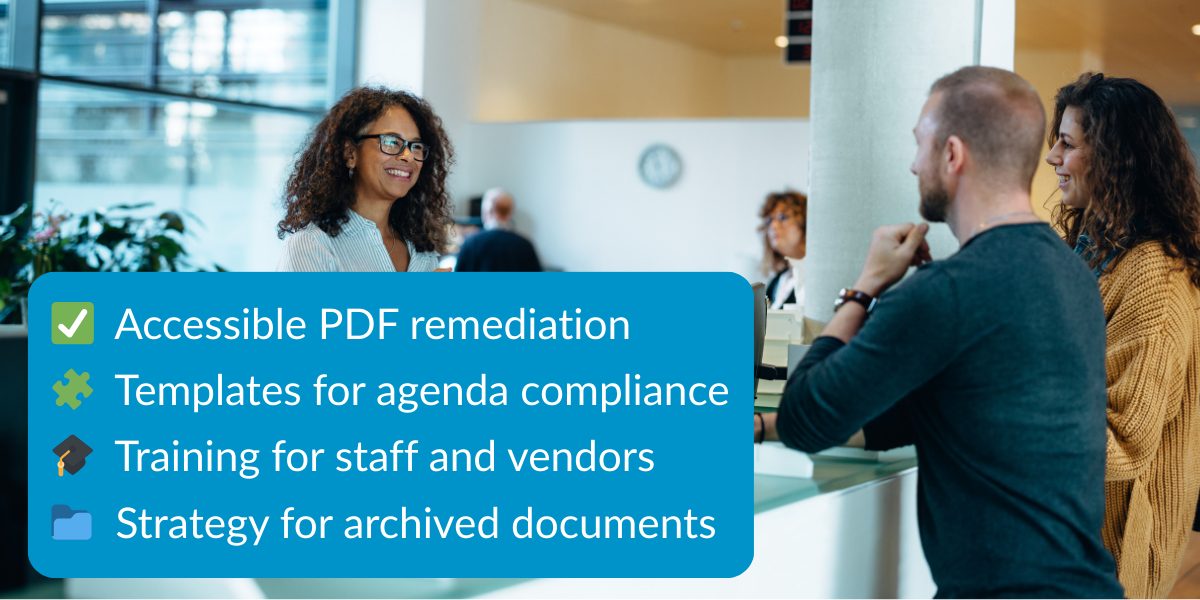Taxpayers versus Shareholders – Moving to Public Sector Employment From the Private Sector

by Jefferson Kise, RGS Finance and Operations Manager
When a job change involves moving into the public sector for the first time, there are several differences for which one should be prepare. The most fundamental difference is in the expectations of the stakeholders which then governs the what, how and why of your position.
As an instrument of capitalism, the fundamental goal of a for-profit corporation is to maximize shareholder wealth. Therefore the shareholders barometer of success is a quantifiable return on investment. Contrast that to the taxpayers who fund government activities. Their barometer of success is the subjective measure of getting value for their dollar. These are very different expectations which require distinct management methods and priorities.
Every private sector leader is focused on one of four things: increased revenue, decreased expenses, customer satisfaction or risk mitigation in order to grow and protect net equity. In the public sector our objective is the serve, support and protect our taxpayers as efficiently as possible. The level of taxpayer benefit often varies by need, not by the amount they’ve ‘invested’. I don’t begrudge my ‘taxpayer ROI’ because my neighbor got the benefit of the fire department saving their house.
The most significant difference a new public sector employee will feel is the weight of transparency and accountability to the public. According to 2012 data, only 9% of employees work in the public sector, therefore the vast majority of the taxpayer audience views government performance through a ‘for profit’ lens. This further elevates the challenge of explaining our results. Understanding these differences, a patient mindset, belief in the value of the service, and commitment to excellence are keys to success.
I learned these lessons by studying our Board reporting, attending seminars, and from conversations with superiors. In the private sector none of our three JPAs would be large enough to warrant a full annual audit, yet as a public entity we have to incur this expense each year. This requirement significantly elevated the level of detail and controls I need to deploy versus when running private companies of comparable sizes. At the end of the day I want to make sure that I would be comfortable with my words or deeds published in the news.
Share this article
Stay Up-To-Date - Follow RGS on LinkedIn:
Latest articles
May 20, 2025




